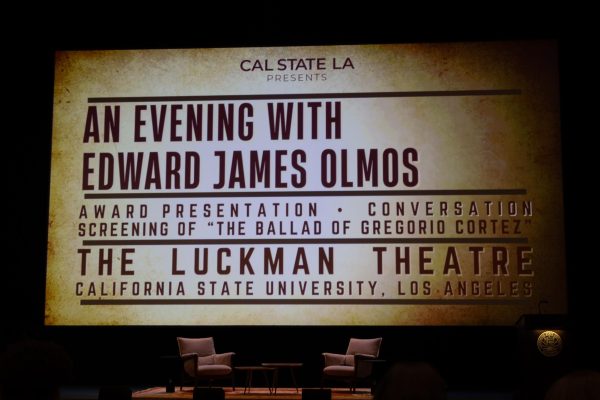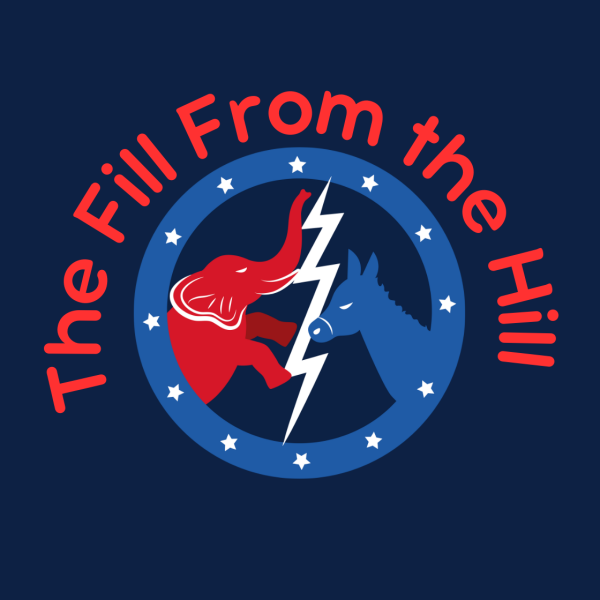What does it mean to be a Jew?

I have always felt like my Jewishness confuses people.
I am genetically half Jewish and half not. My mother is of European Jewish descent and my father is mostly Norwegian. According to Jewish law, I’m a Jew because my mother is. This tends to confuse people but law or not, I’m a Jew.
Being Jewish is widely considered both an ethnicity and a religion. Many modern Jews are not religious and do not believe in God, but still practice traditions.
I am not religious and grew up as an Atheist. I grew up celebrating the holidays and traditions of Judaism, without the religious. I didn’t go to Hebrew school, and I’ve only been to temple a few times. But my mom never forgot to teach me how to insult someone in Yiddish.
During the holidays, I make traditional dishes with my mother and sister. During Chanukah, we make latkes and light the menorah. On Passover, we love making charoset, which is apples with walnuts and honey. We also eat matzah in many different forms.
I’m a sucker for good deli and I love Christmas music, like every good Jew.
Sometimes, I wear my Mohgen David (Jewish star) necklace for comfort. Sometimes, I wear it to remind others that I am, in fact, a Jew. In light of recent antisemitic acts and a general rise in hatred towards Jews, I worry about labeling myself as such.
Jews and non-Jews alike have questioned my Jewishness.
Growing up, I didn’t go to school with many other Jewish kids and often felt like I had to explain myself to people.
I recall explaining to my middle school choir teacher that I’m half Jewish. To which she dumbfoundedly replied, “How can you be half Jewish?” with a sort of accusatory facial expression. She seemed convinced that I didn’t know what I was talking about.
I often shock people with my very white last name, Longwell.
Almost two years ago, I took my birthright trip to Israel. Birthright is a free, 10-day trip to Israel for those who have at least one Jewish parent. You go with a group of fellow Jews within your age range. My experience with the trip was mostly unpleasant, both before arriving in “the motherland” and during my stay there.
When I arrived at the airport to fly to Israel, I met up with my group of birthright travelers, and we got in line to go through security. All of us were asked a series of questions, but I was picked out of our group for a longer interrogation. One of the TSA agents from the Israeli embassy questioned me for 10 minutes, and told me I didn’t have a Jewish last name.
He asked me to explain the different traditions of various Jewish holidays and seemed very concerned with who had packed my luggage.
It was an uncomfortable and embarrassing exchange. I felt I was trying to prove I was Jewish.
While I’m aware that my father, the man who gave me my last name, is not Jewish, I do not believe this has any effect on my worth as a Jew. My father is part of who I am.
Sometimes, I feel that some members of my mother’s family are unfair to my father, because he is not Jewish. My mother’s aunt once told my father that he would be a perfect husband, if only he were Jewish.
When my mother was pregnant with me, members of my father’s family were concerned about what religion I would be raised as.
One person asked, “You’re a Jew and he’s not. What will the child be?”
To which my parents responded, “We’re hoping for human.”
I do not feel that my Jewishness should be defined by my appearance or my lack of religious beliefs.

Tristan Longwell is the News Editor for the University Times (UT). She is a senior majoring in criminal justice, with a minor in journalism. Longwell has...








